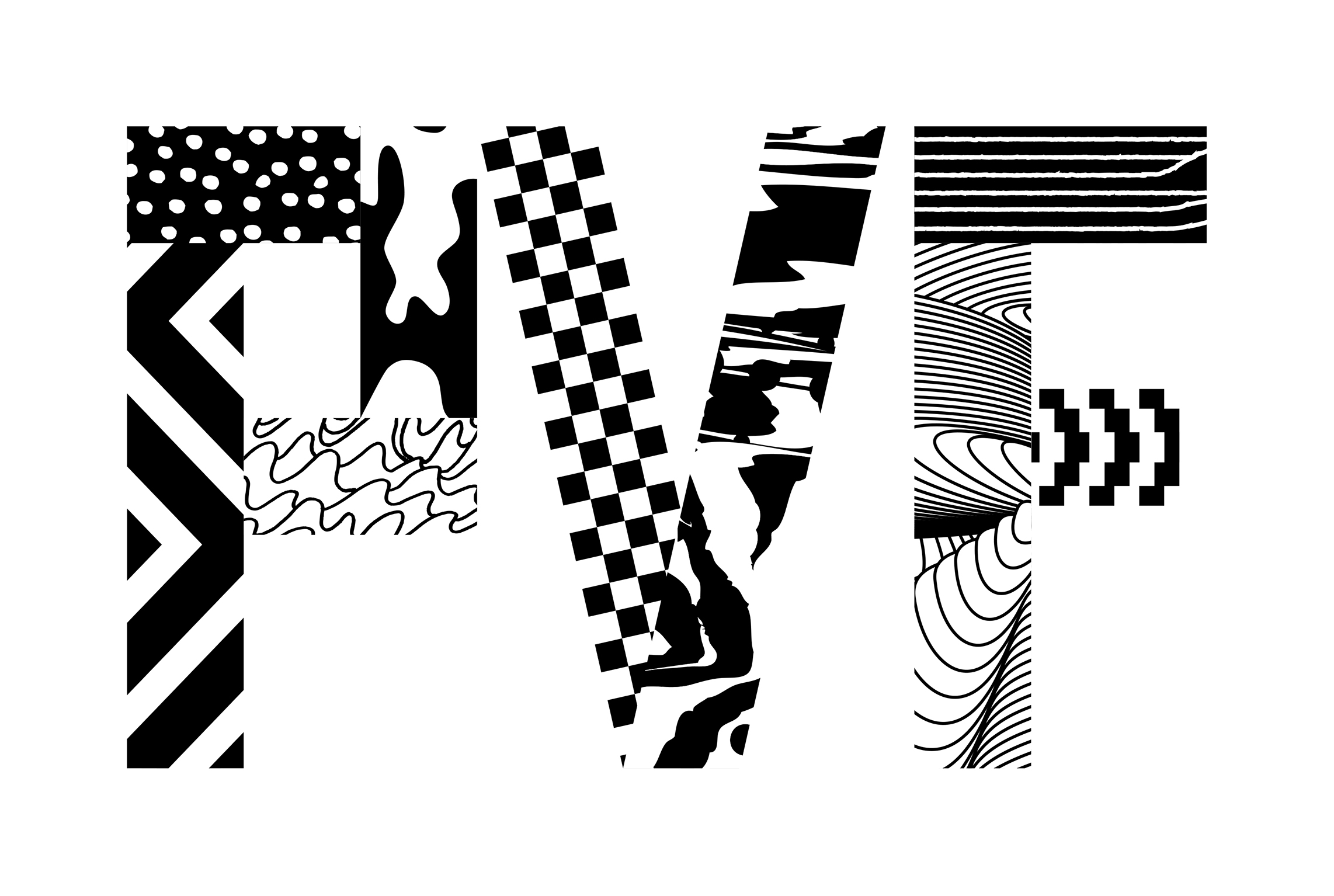Laia Abril: A History of Misogyny, Chapter One: On Abortion



Laia Abril’s (b. 1986) long-term project A History of Misogyny (2016, ongoing) is a visual research undertaken through historical and contemporary comparisons. In her first chapter, On Abortion, Abril documents and conceptualizes the dangers and damages caused by women’s lack of legal, safe and free access to abortion. Continuing with her painstaking research methodology, Abril draws on the past to highlight the long, continuous erosion of women’s reproductive rights to present-day. Her collection of visual, audio and textual evidence weaves a net of questions about ethics and morality, and reveals a staggering series of social triggers, stigmas, and taboos around abortion that have been invisible until now.
Under “natural” circumstances, the average woman would get pregnant about 15 times in her life, resulting in ten births. Seven of those babies would survive childhood. For centuries, people have searched for ways to delay or terminate pregnancy. Today, safe and efficient means of abortion finally exist, yet women around the world continue to use ancient, illegal or risky home methods: Every year, 47,000 women around the world die due to botched abortions. Across countries and religions, millions of women are blocked from abortion technologies by law and social coercion, and are forced to carry pregnancies to term against their will. Some are minors and rape victims. For many, the pregnancy is not viable or poses a health risk. But all can be criminalized for trying to abort. In violation of patient confidentiality codes, doctors and healthcare providers have been known report women seeking illegal abortions, even when is medically necessary to save the patient’s life.
︎Website Laia Abril
POTENTIALITY
PVF 2019The Finnish Museum of Photography

